Our research projects at CNS are dedicated to pushing the boundaries of neurorehabilitation science. Through innovative studies, we aim to develop evidence-based approaches that enhance recovery for individuals with brain injuries. Explore our current projects to see how we're working to improve treatment outcomes, refine rehabilitation techniques, and contribute new knowledge to the field of neurorehabilitation.
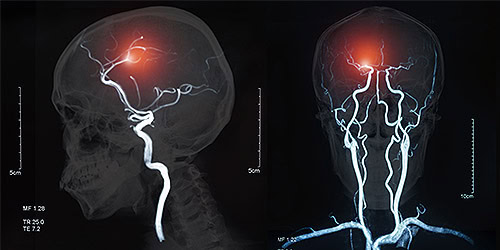
Centre for Neuro Skills (CNS) researchers are evaluating the durability of outcomes obtained during postacute rehabilitation following stroke and traumatic brain injury. This will also determine if a rehabilitation outcome is associated with future occupational status, life quality, cognitive function, and overall health, including rehospitalization.
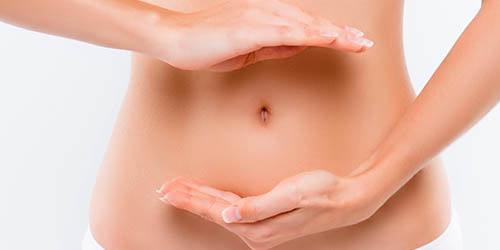
Years after a brain injury, certain individuals develop a complex set of conditions with symptoms that are often debilitating. Recognizing the need for relief in these patients, our multidisciplinary team at University of Texas Medical Branch, Texas A&M University, and CNS want to determine if oral prebiotic treatment can rescue the dysfunctional microbiome in chronic moderate/severe patients and reduce symptoms and markers of neuroinflammation.

Exercise contributes to overall health and protects and heals the brain; however, response to exercise may change after an injury. CNS researchers are examining exercise and how it facilitates recovery. The goal is to determine the individual response to exercise and how it has changed, then tailor therapy to each person in hopes of maximizing outcome potential.
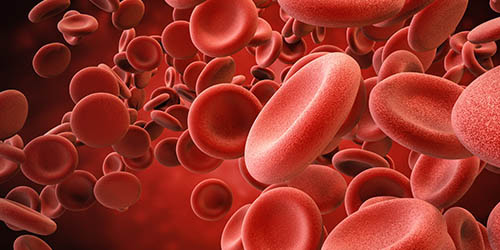
Biological samples are being obtained from patients to identify biomarkers, which are measurable substances in blood, saliva, and other tissues. This study will increase diagnostic capabilities, allowing CNS to tailor patient care and determine how much treatment is necessary to maximize outcome. The study will allow clinicians to foresee potential risks that may inhibit recovery. It also aids in intervention effectiveness, allowing CNS to better evaluate current and novel therapeutic interventions.
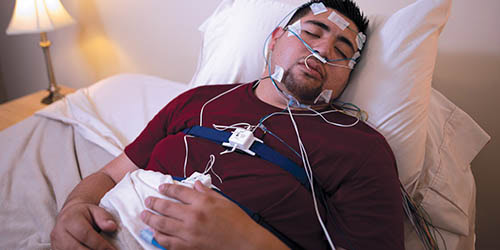
Sleep-wake disturbances have been identified in 50% to 70% of the population with brain injuries and are common post stroke. Sleep problems are linked to impaired attention, diminished functioning, memory, and response to rehabilitation. This study will determine the nature of sleep-wake disturbances post injury. Researchers may then identify whether disturbances are related to the type, location, or time since the injury, as well as the impact sleep has on outcome and responsiveness to rehabilitation.
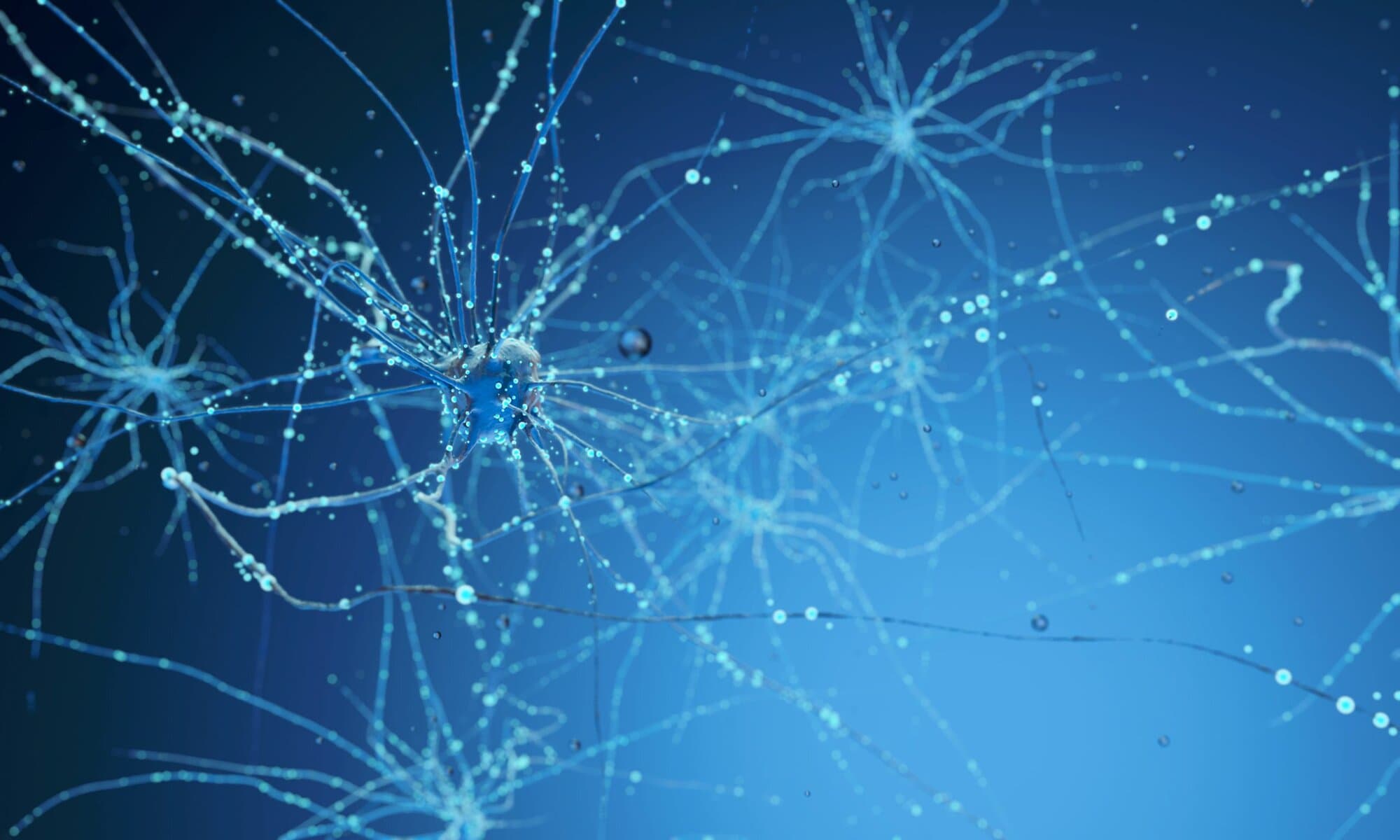
This is a noninvasive technique of neuromodulation that uses low amplitude direct current to alter brain cell firing. Studies conclude that tDCS is a painless technique for electrically stimulating the brain with almost no risk of harm. This form of therapy has been studied as a treatment modality for patients with stroke but there is less evidence in literature for effectiveness in treating traumatic brain injury. This project will analyze the effects of a three-week program of tDCS on motor recovery and attention/concentration in individuals following a brain injury.
CNS Monthly Newsletter
The latest CNS updates, including events, company information, and patient care developments
The Inside View
Quarterly magazine focused on brain injury research, rehabilitation, and advancements shaping the field
Sign-up for one or both to stay connected with brain injury news and recover